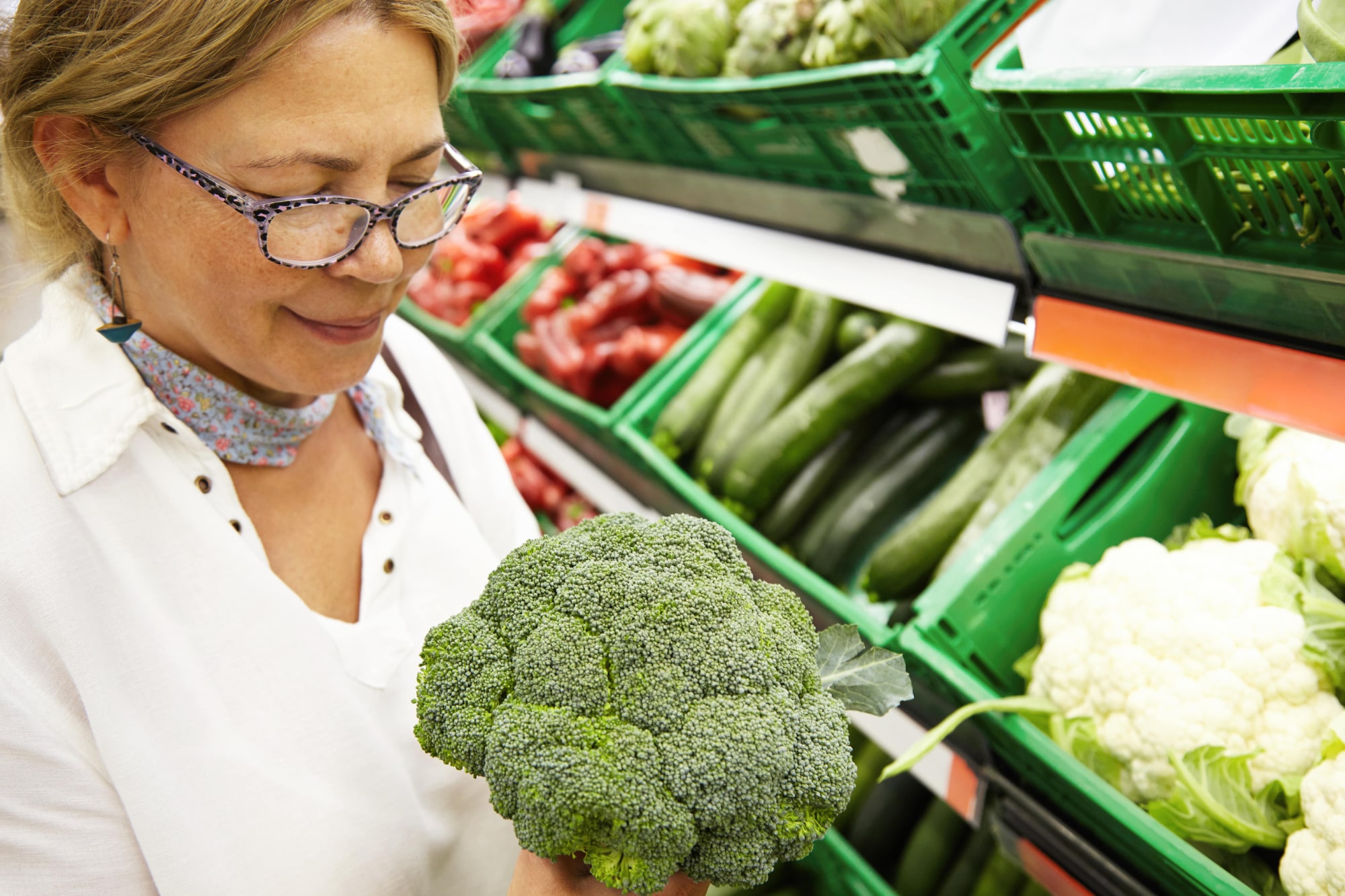Eating, Diet, & Nutrition for Interstitial Cystitis
Can changing what I eat and drink improve my IC symptoms?
Some research suggests your diet may affect interstitial cystitis (IC) symptoms.4 Certain foods and drinks may cause your symptoms to get worse—called symptom flares. Learning what foods and drinks cause your symptom flares and taking steps to avoid them may help you feel better. Staying hydrated may also help improve your symptoms.
What types of foods and drinks could make IC worse?
Some people with IC find that certain foods or drinks cause symptom flares, such as
- citrus juices and drinks, such as orange and grapefruit juices
- coffee, tea, soda, and alcohol
- high-acid foods, such as tomatoes and tomato-based sauces
- hot and spicy foods
- artificial sweeteners, or sweeteners not found naturally in foods and drinks
- chocolate
- monosodium glutamate, or MSG, a food additive
 Some research suggests there may be a relationship between diet and IC symptoms.
Some research suggests there may be a relationship between diet and IC symptoms.How do I learn which foods and drinks make my IC worse?
A food diary can help you find out which foods and drinks cause your symptom flares. For example, the diary might show that you have symptom flares after you eat tomatoes or drink orange juice. When you know what foods and drinks trigger your symptom flares, you can avoid them.
Consider working with a registered dietitian, if possible, to create an eating plan for your individual needs. You can find a registered dietitian online through the Academy of Nutrition and Dietetics or through your health care professional. A dietitian can create a custom meal plan for you.
Reference
This content is provided as a service of the National Institute of Diabetes and Digestive and Kidney Diseases
(NIDDK), part of the National Institutes of Health. NIDDK translates and disseminates research findings to increase knowledge and understanding about health and disease among patients, health professionals, and the public. Content produced by NIDDK is carefully reviewed by NIDDK scientists and other experts.

